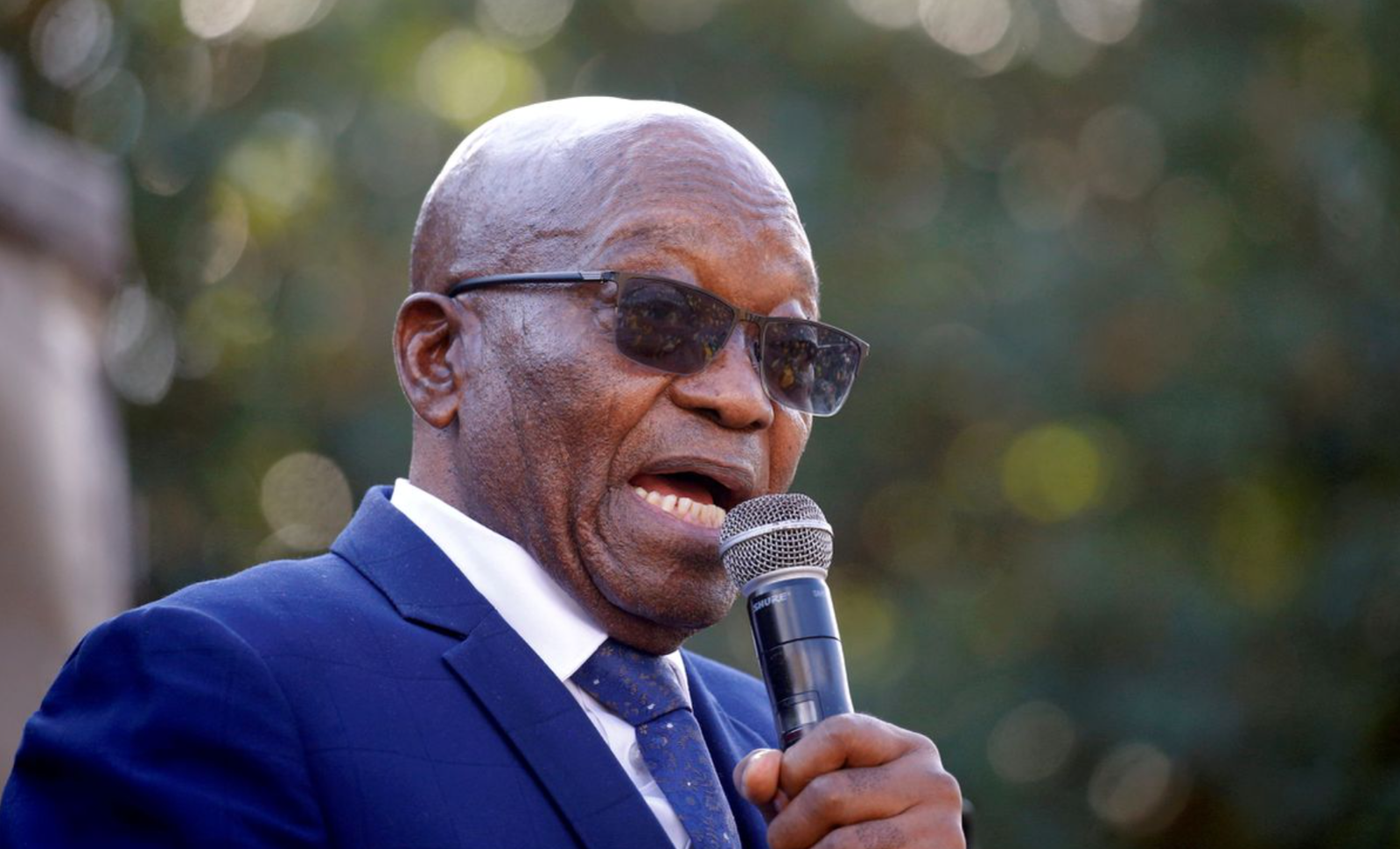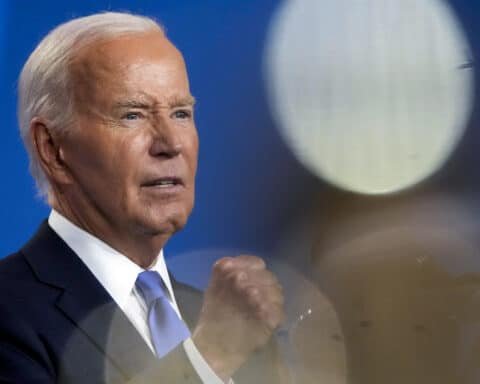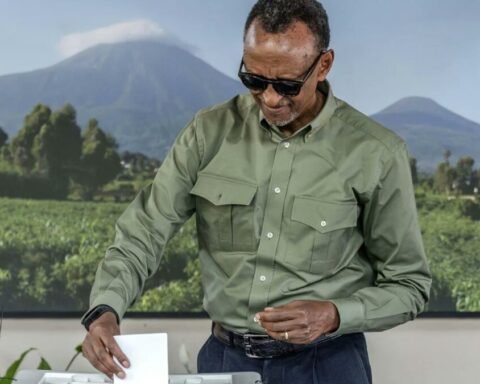In a recent political event organized by the All African Alliance Movement (AAAM) in Soweto, former South African President Jacob Zuma voiced significant concerns about the nation’s electoral process. Addressing the AAAM and MK Party members, Zuma highlighted the secrecy surrounding vote counting in South Africa, questioning its transparency and suggesting potential for election rigging.
During his speech, Zuma referenced widespread discussions among South Africans about the possibility of rigging in the upcoming 2024 national and provincial elections. This sentiment, he implied, was a direct consequence of the opaque nature of the current electoral system.
Zuma’s remarks were made at an event of the party that recently lost the support of former Chief Justice Mogoeng Mogoeng, who had been poised as their presidential candidate. Emphasizing his point, Zuma criticized the lack of public visibility in the vote-counting process, arguing that voters are left in the dark about the fate of their votes until results are announced.
Calling for a more transparent system, Zuma suggested that vote counting should be a public affair, thereby enhancing the credibility of the electoral process. His speech took a dramatic turn when he abruptly dropped the media microphones, later apologizing and attributing the act to his intense frustration with the issue.
Zuma’s speech also delved into the broader implications of the current system, labeling it as a departure from the ideals fought for by freedom fighters. He expressed his belief that the secrecy surrounding voting procedures could lead to fraudulent practices, such as vote-buying by wealthy individuals.
Looking ahead, Zuma urged the MK Party and other progressive parties to aim for a two-thirds majority win in the elections, which he believes could be pivotal in reforming electoral legislation. He concluded by stating that the current form of democracy in South Africa is flawed and called on traditional leaders and the clergy to rally their followers towards a truer form of democracy.








